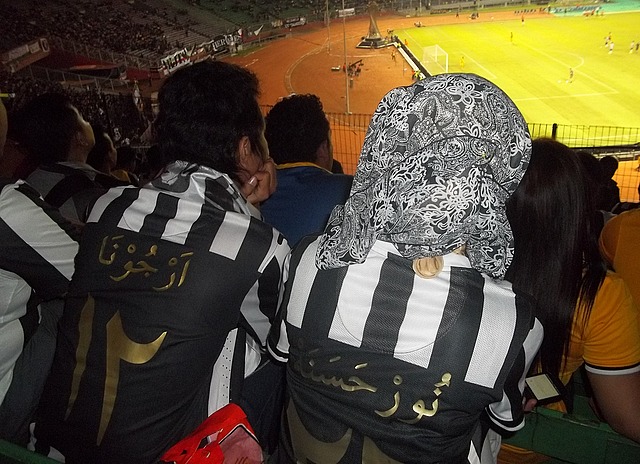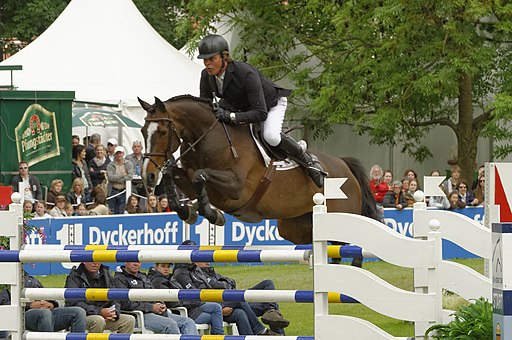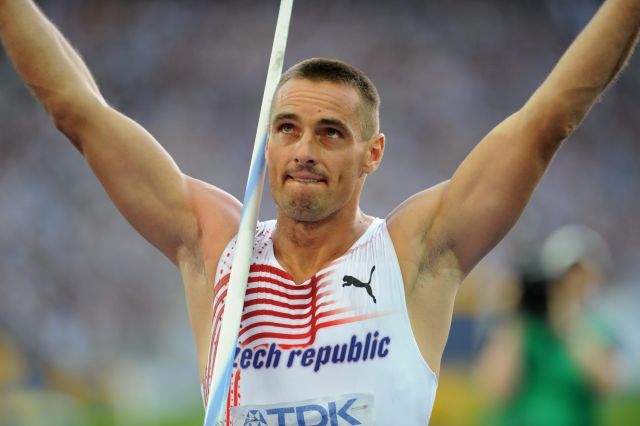Cold War Games
In November 1963, less than a year before the Tokyo Olympics, socialists from around the world gathered in Jakarta to hold their own Games, in a direct challenge to the IOC.
Sukarno, the left-leaning president of Indonesia, felt that the Second and Third Worlds were being ignored by the First, and he hoped to restore the balance of sporting power.
The football tournament included a North Korean team which would go on to shock the world, by beating Italy at the 1966 World Cup. It played Egypt in the final but, when the match remained level after extra time, it was decided on a coin toss. The locals favoured North Korea, and there was riotous behaviour when Lady Luck gave the title to Egypt.
The undoubted star of the Games was another North Korean, Sin Kim-Dan. She claimed three gold medals and her times for the 400m and 800m were unratified world records.
Unfortunately, the IAAF took a dim view of her attendance and she was banned from competing in Tokyo. Had she done so, she would surely have won the same two races again, and beaten both Betty Cuthbert of Australia and Ann Packer of Great Britain.
The strangest event was the team badminton competition. Indonesia, as the world champion, was expected to win easily. In the final, it faced China, whose unheralded players included Tang Xian Hu and Hou Jia Chang, who had been born in Indonesia.
But the Chinese team proved to be far superior to that of the host, which was missing its hero, Ferry Sonneville, and it dominated the tie. This was humiliating for Indonesia but also embarrassing for China, for whom GANEFO was, in part, a diplomatic venture.
Blushes were spared all round when Tang crumbled in the final rubber. Or so it seemed.
In fact, as Tang later admitted, he had been instructed to deliberately lose the match by Chinese officials, as part of the policy of “friendship first competition second”. He acted much like the players who threw games at London 2012 but, rather than wanting to get a better draw, he had a political motive instead. This was Cold War diplomacy in action.
There would be no more global GANEFO Games. Sukarno was overthrown in 1965 in a Western-backed coup, while China turned against sport during the Cultural Revolution. Indonesia was quietly readmitted to the IOC and the Olympics continued unharmed.
The stadium where the Games took place is now named after Sukarno and often hosts football matches featuring touring European clubs. In the summer of 2014, Juventus came to visit and it was filled with Indonesians decked out in black and white (above).
Juventus made it clear that the purpose of the match was to tap into the Asian market, an outcome which might have made Sukarno smile. Capitalism had won the Cold War but the sporting supremos in the West could not afford to ignore Indonesia any longer.
Next week: How canoeing in Hungary benefits from its location on the river Danube












